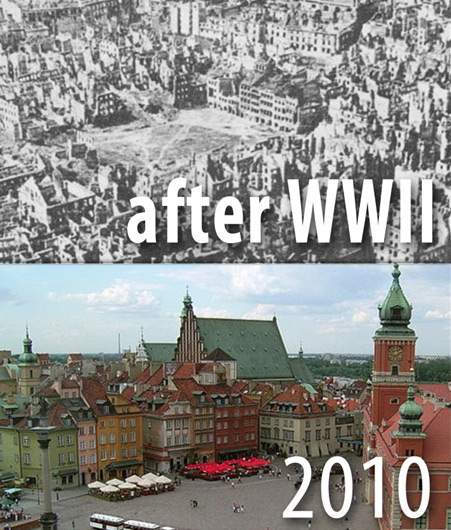40,000 people are in Paris right now trying to decide the world’s course of action on human-caused climate change.
Their problem is that none of us knows what climate change will do to us. We don’t know the sensitivity of the atmosphere to a doubling of concentrations of CO2, which renders all the carbon budgets, RCPs, etc., irrelevant. We don’t really know how much CO2 we will put into the atmosphere, as we don’t know what fuel portfolio choices will be made going forward. To this extent, the alarmist mantra ‘we are not predicting the future, we are deciding it’ has some validity.
But referencing a global average temperature target, the 2C that was picked solely because of a convenient reference point (William Nordhaus famously said that that was the top range of previous temperatures in modern human existence) is fraught. Despite predictions to the contrary, we don’t know when we will reach this target (although I think we will by the end of this century) and more importantly we don’t know what the impacts will be on our planet and our way of life.
I’m not the first to try and change our focus and I hope I won’t be the last. It seems clear that the sensitivity we should be looking at and measuring is society’s sensitivity to changes. How well and how quickly we cope with large scale changes has the benefit of having past examples to work from and the availability of much more concrete data. We don’t have to look at climate change alone to estimate its impact.
In yesterday’s post I quipped that the climate future some predict for 2C temperature rise would resemble the world as it stood in the 1940s. There’s an element of truth to that and it provides an example of how society reacts to large scale changes. Huge numbers of people were refugees, cities had been destroyed, 60 million people had lost their lives–and those were just the headline changes. But it only took about a decade to recover from 90% of the problems caused and another decade for the remaining 10%. The U.N, the Marshall Plan and the heroic efforts of those living in affected countries effectively erased all traces of the convulsive conflict in less than a generation.

Examining the world’s uneven but dramatic recovery from WWII would help give us an idea of how we could adapt to climate change’s impacts. So could closer examination of other events, such as the Spanish Flu of 1918, the HIV crisis, WWI, the Great Depression and on as far back as we like.
We could observe the broad reaction to change and also observe the differences in how individual cultures reacted. These could help create pathways for preparing for impacts of climate change. Some societies seem brittle and unable to withstand certain types of impact–think the Mayan’s collapse due to climate change. Others seem fairly robust, while others are uneven in their adaptability, doing well for crises A, B and C, while struggling with crisis D.
Two things are certain–there is more data to examine in the past than the future and historical data is more robust than paleoclimate proxies.
Given my personal Lukewarm view that temperature rises pose a serious but not existential challenge to the planet, climate change seems to me to offer a golden opportunity to learn from a broader past. Some of our best and brightest have focused their intellectual energies on the world’s history–including some climatologists such as Hubert Lamb. Many historians, from Edward Gibbons to Jared Diamond have looked closely at the failure of societies from Rome to Mexico and their insights are freely available. Some, such as Norman Davies and Ian Morris, range widely across cultures and include climate’s influence on great events.
It goes without saying that this line of examination is more congenial to those of us who are convinced that a focus on global warming has become context-free. Both skeptics and lukewarmers continually bring up the point that monomania in a complex world may be okay for Silicon Valley entrepreneurs, but less than appropriate when evaluating a global course of action on a globe with many problems. So my approach is ‘politically’ convenient for those of us arrayed against the consensus view on climate change. But I submit it is also relevant and likely to prove useful.
We have history laid out before us. Let’s use it.


I see overpopulation and government stupidity as much bígger problems. Global warming sure looks like a social problem. It drives people nuts.
The most hazardous things to the people of Earth are corrupt governments and those who profit from that corruption. Hundreds of leaders of the former and thousands of the latter are gathering in Paris at this time,